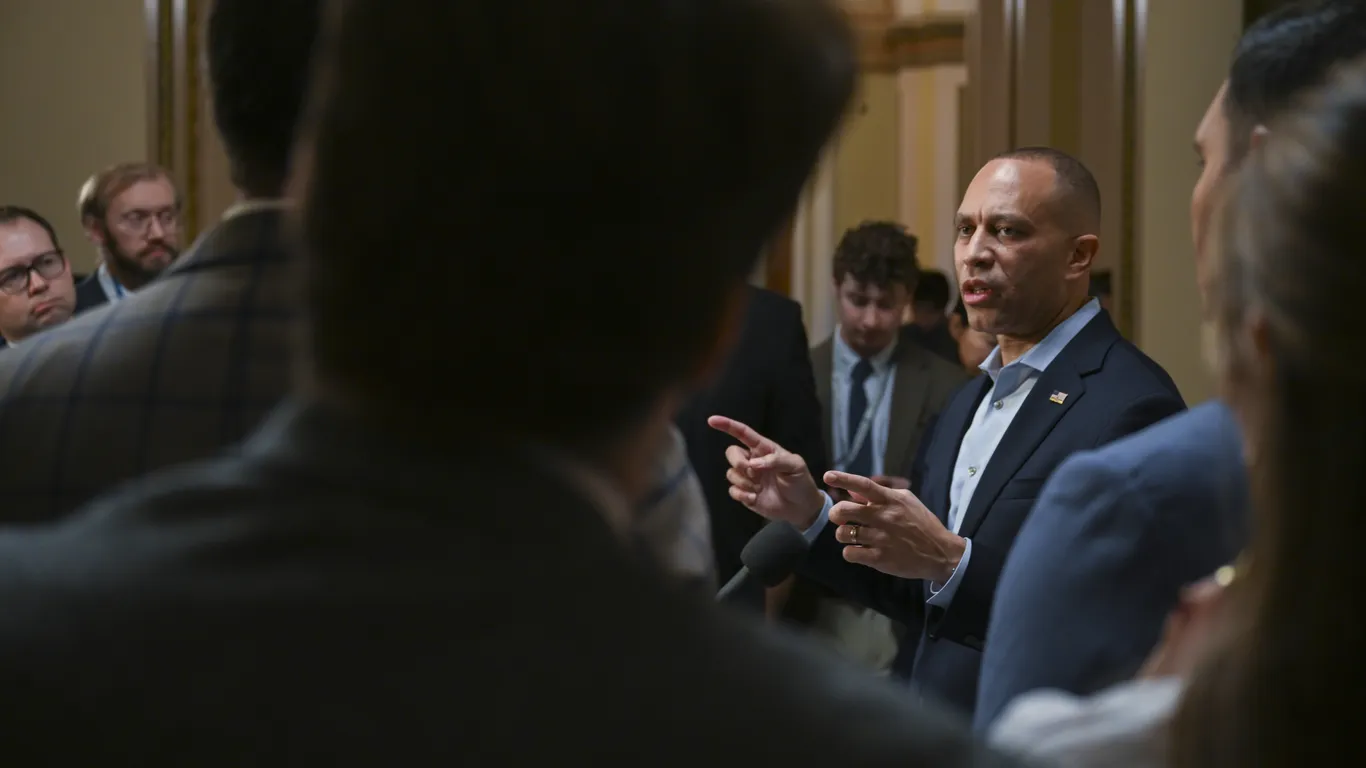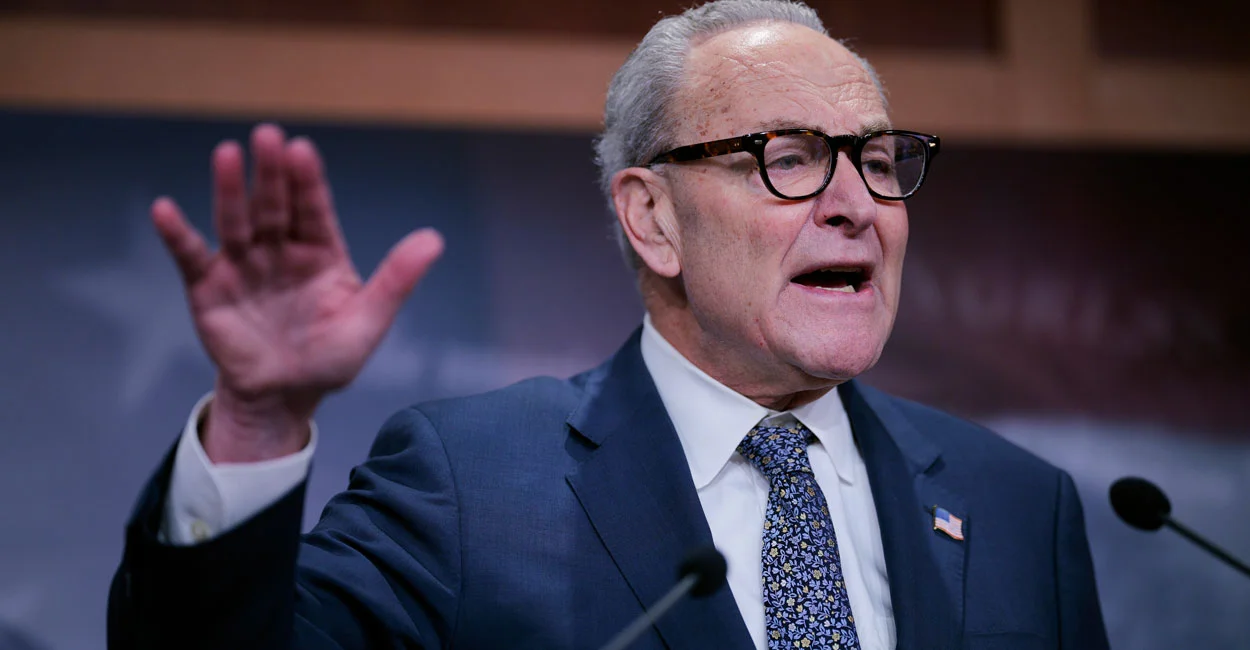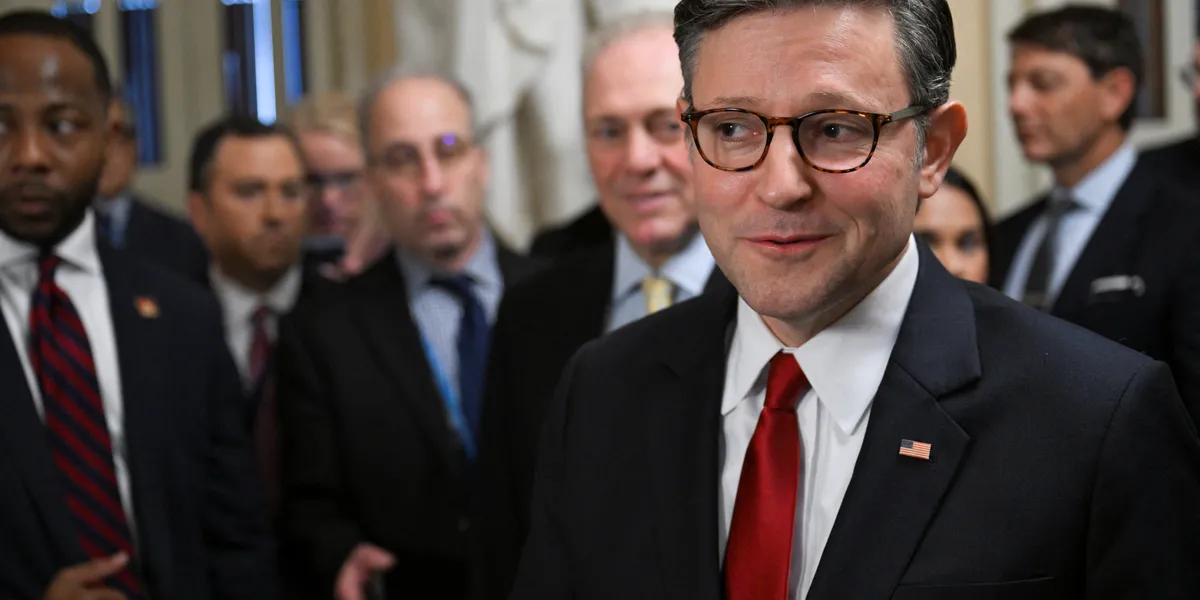Copyright axios

Jeffries said at a press conference in September, ahead of the shutdown, that "any agreement related to protecting the health care of the American people has to be ironclad and in legislation."The Democratic leader said at that time that there was "no trust" between House Democrats and Republicans, and that, as a result, he couldn't rely on the mere promise of a vote or negotiations.But any Senate deal is likely to only involve the promise of a vote on extending ACA subsidies — which may or may not even pass. What he's saying: Asked at a press conference Tuesday whether he would accept a bill that doesn't include written provisions extending the subsidies, Jeffries referred to a previous answer that suggested he is open to it. "We will evaluate in good faith any bipartisan agreement that emerges from the Senate, reopens the government, makes life better for the American people and decisively addresses the Republican health care crisis," he said."Until we see details," Jeffries added, "we're not in a position to do much more than that." Zoom in: Asked about a new bipartisan House proposal to extend the subsidies for two years with income caps and reforms, Jeffries expressed skepticism that the Republicans involved in the effort will hold up their end. "I think the conversation ... is being done in good faith and is all part of an effort to address the Republican health care crisis and to find a bipartisan path forward," he said. However, he argued that "traditional House Republicans aren't serious about doing something meaningful," citing their votes for the Big, Beautiful Bill."I am hopeful that this time will be different," Jeffries said, "but it seems to me more likely that if there's a bipartisan agreement ... it will emerge from the Senate, not the House." What to watch: If a bipartisan deal does come over from the Senate, it may very well need Democratic votes to pass in the House. Some on the House GOP's right flank have spoken out against extending the ACA subsidies, for instance, casting it as a de facto endorsement of a health care law they have long vilified.



